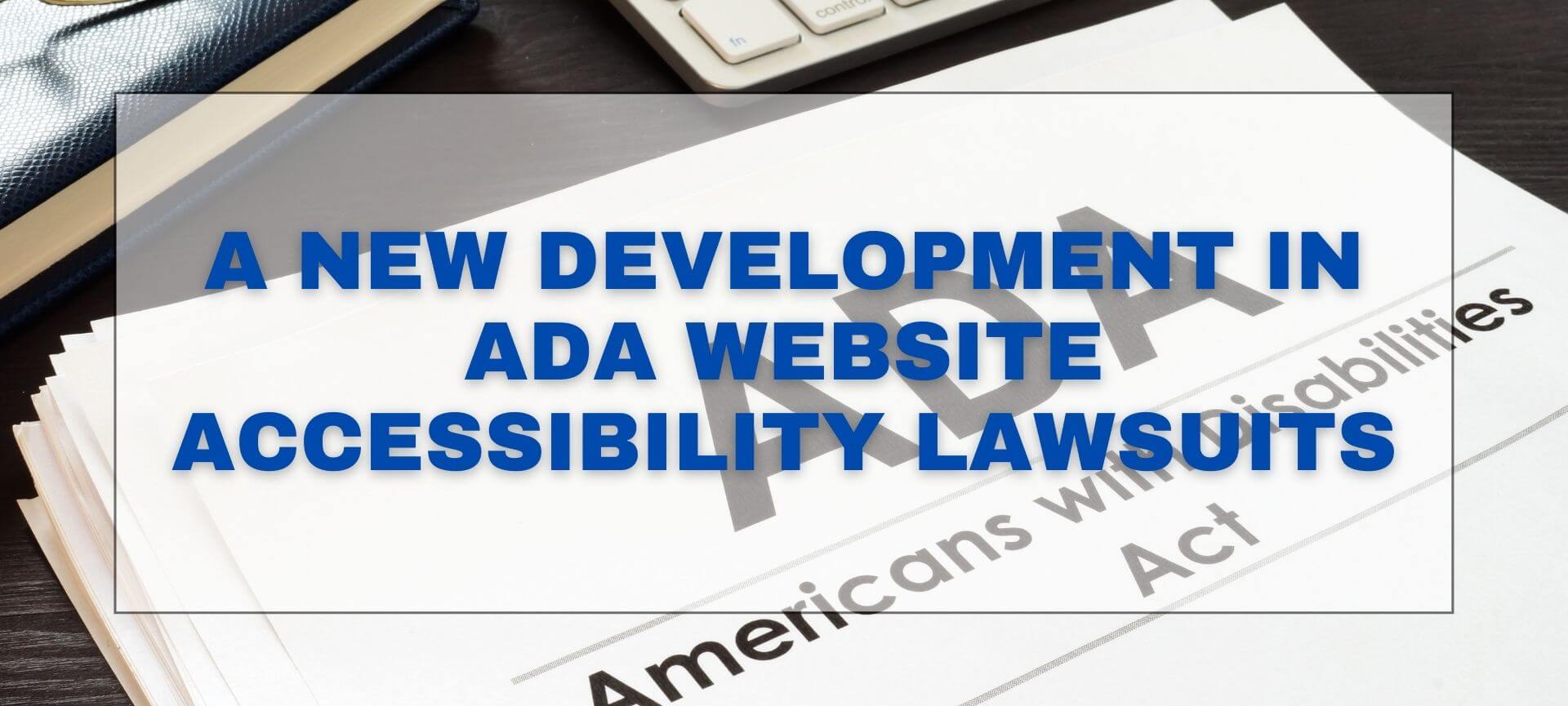Jordan B. Schwartz, who many of you may know as the attorney who has helped ALP members with their ADA lawsuit issues, has written a review of the recent decision by the Eleventh Circuit Court of Appeals in the case Gil v. Winn-Dixie Stores Inc.; which case may have deep ramifications on future website accessibility lawsuits. We would like to recap that article here.
The suit contended that the sight-impaired plaintiff didn't have equal access to Winn-Dixie's services because he was not able to use the website, with his adaptive technology, to refill prescriptions, thus requiring him to go to a store's pharmacy to do so. In a fairly stunning decision, the court (covering Florida, Georgia, and Alabama) held that a website itself is NOT a place of public accommodation, as defined by the ADA.
This case was an appeal of an earlier decision in 2017 by U.S. District Judge Robert Scola that Winn Dixie was violating the plaintiff's rights to “the full and equal enjoyment of the goods, services, facilities, privileges, advantages, or accommodations that Winn-Dixie offers to its sighted customers” and that "the website is regulated by Title III of the ADA because it is closely integrated with the physical locations and is a gateway to the stores." Since that decision, other cases have used the "gateway" language to support their claims.
This latest decision by the Eleventh Circuit Court also belays the Ninth Circuit Court of appeals decision in Robles v. Domino’s Pizza, which found that Domino's was depriving the plaintiff of his right to equal access to services because he was not able to order a pizza with the use of his screen reader. That was the landmark case to find that websites did constitute places of public accommodation.
A reversal of that decision by the Eleventh Circuit Court will make it harder for frivolous website accessibility lawsuits to be brought against businesses. That being said, the court did make a point of the difference that purchases could not be made on the Winn-Dixie website, as they could on the Domino's site, while at the same time stating that they do not agree with Robles that a website with a "nexus" to a place of accommodation is covered by the ADA.
This split between the two district courts may also force this contention to be decided by the US Supreme Court, which could then furnish business owners with real guidance on how the ADA guidelines affect their websites.
One thing that this case is not pertinent to is the ADA guideline that lodging websites must provide information about the physical accessibility at the property.
We are very appreciative of the efforts of Attorney Schwartz on behalf of lodging properties, and of his excellent review of this latest decision: Court Concludes That A Business’s Website Does Not Need To Comply With The ADA

Thank you Lisa. Important information to be aware of. Always appreciate you providing timely info and topics!
Thank you Karen!